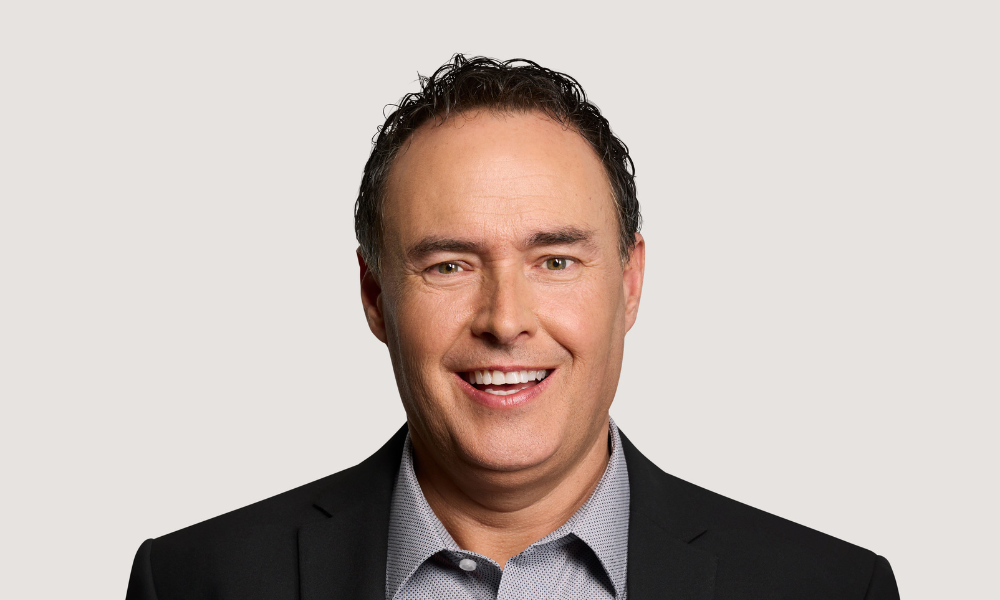EVP at Beneva on how biosimilars plays a key role in their cost savings strategy

Drug costs continue to rise at a rapid pace. It should come to no surprise then that plan sponsors are forced to look to their insurance carriers to implement innovative strategies to control expenses. One carrier that has found significant success in this area is Beneva, a group benefits provider based in Quebec.
At the heart of Beneva's proactive prescription drug management approach is a focus on biosimilars - highly similar versions of biologic drugs that have become available as patents on the original products have expired. By mandating that plan members switch to biosimilars as soon as they hit the market, Beneva is capturing substantial cost savings that are then passed on to their plan sponsors.
As Eric Trudel, Beneva's executive vice-president and lead of group insurance explains, biosimilars are highly similar to biologic drugs, offering comparable safety, efficacy, and quality at significantly lower costs, as little as 10 to 40 per cent less. In 2022, Beneva implemented a mandatory biosimilar transition policy, mandating substitution with these more affordable alternatives whenever possible.
“When we look at studies from Europe and even on our side, nearly 98 per cent of patients that switch from a biologic to biosimilar have no issue and no side effects,” he says. “We do have that one or two percent who don’t react well to the biosimilar, who we work closely with their physicians to revert to the original biologic if necessary but that's why it's so effective.”
Trudel believes that Beneva is the only carrier currently offering this strategy. By requiring members to switch, Beneva is able to unlock these savings immediately. "It's really dollars that we think we save, because those patients can stay on the biologic drug and will have cost them 51 million more [in savings],” says Trudel.
A Four-Pillar Approach to Cost Containment
Beneva's approach stands in contrast to some other carriers that may be more hesitant to push members towards biosimilars. Trudel speculates this could be because those carriers are generating revenue from the discounts negotiated through product listing agreements (PLAs) on the higher-cost biologic drugs.
Meanwhile, the combined effects of Beneva’s biosimilar switch and PLA strategy deliver substantial savings. The discounts obtained from pharmaceutical agreements average 12 per cent and can go as high as 60 per cent. Additionally, they cover over 50 prescription drugs, several of which are used to treat chronic conditions, Trudel explains. These measures have helped reduce annual cost increases to 8 per cent or lower for many plans.
“For plan sponsors, it's not that they would like to decrease the cost of the plan, but, in fact, it's a decrease with costs that increase significantly every year," says Trudel. "These negotiations help absorb future increases."
Trudel points to transparency being a key differentiator for Beneva, with the company providing detailed reporting to plan sponsors on the impact of its cost management initiatives. This includes disclosing the average 12 per cent discount achieved through its PLA negotiations, as well as the net drug costs after those savings are applied. He believes this openness contrasts with competitors who often disclose only the net drug costs without detailing the discounts or use cases.
Beneva also utilizes Prior Authorization (PA) programs as part of their cost containment strategy. This standard across the insurance industry ensures that high-cost drugs undergo a rigorous approval process. As Trudel explains, Beneva’s PA program is supported by a specialized team of eight pharmacists and other medical professionals. However, he acknowledges that while essential, the savings from this pillar are challenging to quantify, as these measures primarily align with plan sponsors’ expectations.
Trudel’s team also implements a tiered drug strategy. They encourage starting with cost-effective first-line treatments before escalating to higher-cost options if necessary. While biosimilars play a pivotal role today, Trudel emphasizes their strategy continues to evolve.
Weight management drugs evolve
The organization closely monitors emerging trends, such as weight management drugs like Wegovy and Ozempic, and their potential inclusion in coverage plans.
“Biosimilars have proven their value, but the market is constantly shifting,” Trudel notes. He points to Health Canada’s recent approval of Wegovy for cardiac disease, emphasizing the decision will now “blur the line.”
“If you have a body mass index of 27 or more and a condition that is considered a cardiac condition, including hypertension, then we recommend Wegovy to prevent cardiac disease. So now the line is blurred because it should be combined with the body mass index,” he says. “Our team is working very hard right now to figure out what we'll do with that, but we’ll likely need to also wait to see what the other provinces will do.”


